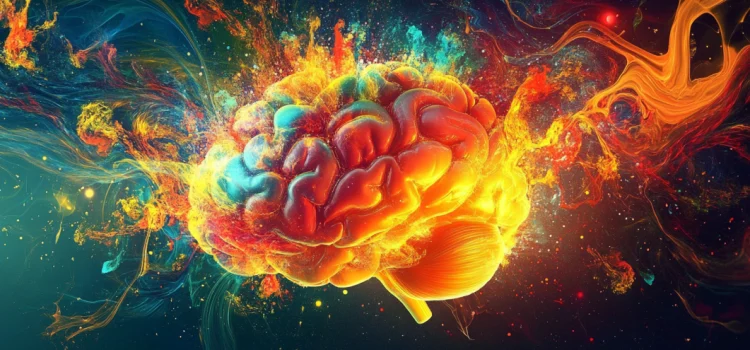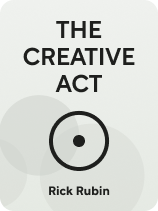

This article is an excerpt from the Shortform book guide to "The Creative Act" by Rick Rubin. Shortform has the world's best summaries and analyses of books you should be reading.
Like this article? Sign up for a free trial here.
Why is creativity important for every adult? What does it actually mean to be creative?
Rick Rubin, music producer and the author of The Creative Act, says that creativity is important for the collective human experience. He goes on to explain that creativity isn’t limited to artistic endeavors—it includes business ideas and scientific theories as well.
Keep reading to learn why Rubin says creativity is so important.
Why Does Creativity Matter?
According to Rubin, creativity is important because it is our fundamental reason for being. He argues that creativity is an essential aspect of human existence, connecting us to our deepest selves and the world around us. By engaging in creative acts, you not only express your individual self but also contribute to the collective human experience, fostering empathy, understanding, and innovation.
(Shortform note: While Rubin argues that creativity is central to human existence and fosters empathy and understanding, it’s also important to consider the flip side: Not all creative expressions are benign or beneficial. Art can also be a medium for spreading harmful ideas or inciting violence. For instance, during the Nazi regime in Germany, propaganda art was used extensively to promote anti-Semitic ideologies and rally public support for the Holocaust. Posters, films, and broadcasts crafted by skilled artists manipulated public opinion against Jewish people and other minority groups. Thus, while creativity can connect us to our deepest selves and promote understanding, it also has the power to divide and harm when misused.)
Rubin argues that all creative expression matters. Every creative act, regardless of its nature or magnitude, is a testament to human existence and contributes to our understanding of our shared reality. And Rubin isn’t just talking about traditional artistic pursuits like painting or dance; he broadens the definition of creativity to include any act of bringing something new into existence, whether it’s a painting, a business idea, or a scientific theory. He explains that every act of creation, no matter the field, helps us recognize that we aren’t alone and are part of something larger than ourselves.
| The Economic Value of Creativity Creativity is a driver of social cohesion and also a significant economic force. The World Economic Forum’s 2023 “The Future of Jobs” report identifies creativity, innovation, and ideation as key skills for the current and future workforce, reflecting an economy that increasingly values imaginative thinking across all sectors. This emphasis on creativity isn’t merely a passing trend but a shift in how economic value is generated and sustained. Creative industries, such as design, media, and technology, are growing at a rate that outpaces many traditional sectors, contributing substantially to GDP in developed economies. Moreover, the application of creative problem-solving in fields like manufacturing, health care, and finance is leading to innovative products, services, and processes that drive efficiency and open new markets. As economies continue to transition toward knowledge-based models, the ability to generate novel ideas and translate them into tangible value becomes increasingly critical for sustained growth and resilience in the face of complex global challenges like climate change, public health crises, geopolitical instability, and economic inequality. |

———End of Preview———
Like what you just read? Read the rest of the world's best book summary and analysis of Rick Rubin's "The Creative Act" at Shortform.
Here's what you'll find in our full The Creative Act summary:
- Where creativity comes from and why it matters
- How to take inspiration from anywhere and everywhere
- A music producer’s advice for enhancing your creativity






